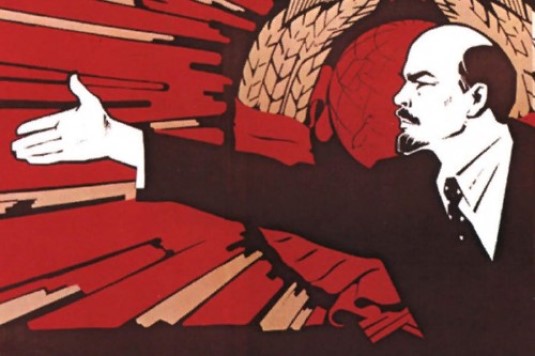
Beyond Leninism: Obsolescence, Multitudes, and the Place of the Party
In their influential and groundbreaking work, Michael Hardt and Toni Negri have repeatedly declared the death of the revolutionary party while in their most recent collaborative intervention, Assembly, they acknowledge that the struggle against capital demands permanent organisation and structure, while offering an idiosyncratic, accountable and ground-up approach to leadership. They suggest the revolutionary party is obsolete from the standpoint of the class struggles of the early 21st century mainly because, in extremis, they embody representative logics that squash complexity and impose political subjectivities and activism on a multitudinous mass in which class is but one axis of articulation and positioning. Capturing and nurturing revolutionary subjectivities demands that we venture beyond Leninism, the straitjacket of the disciplined party, and the quasi-theological belief in revolution as a singular redemptive event. In this paper we examine the experience of the most prominent and influential Leninist groups in Britain to flesh out the character of this obsolescence, particularly in a conjuncture marked by the sudden rise of Jeremy Corbyn and a renaissance of the Labour left, and locate their failures in an orientation that is cross purposes to the changes in political economy over the last 40 years, a strategic position akin to the ‘mass worker’ of a previous form of capitalism as opposed to the ‘socialised worker’ of immaterial production and networks. While Hardt and Negri are right to eschew the Leninist party for these reasons, following the arguments of Jodi Dean and particularly the understanding of the working class party advanced by Marx and Engels we suggest contemporary movements are bringing the party question back to the fore – Leninism might not be appropriate to the moment, and may never be again, but far from being out of sorts the party is demonstrating its continued relevance to radical politics. The question is how, and what sort of party should this be.
No comments:
Post a Comment